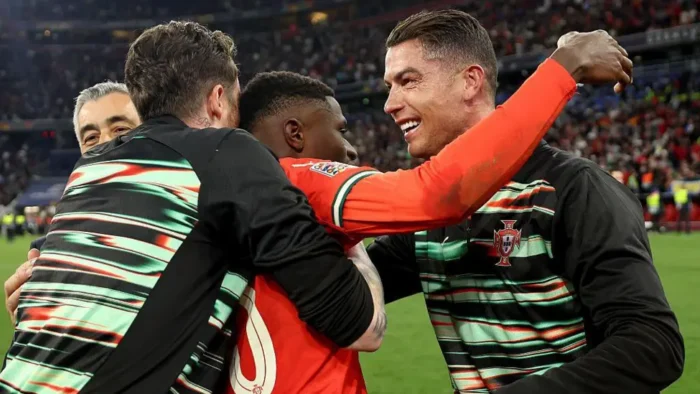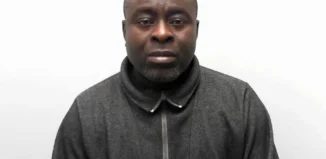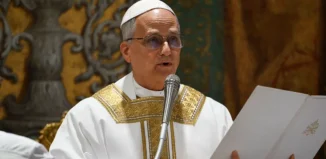By Yusuf Mohammed
The final had been billed as a generational clash between the seasoned five-time Ballon d’Or winner Cristiano Ronaldo versus Lamine Yamal, Spain’s 16-year-old prodigy and frontrunner for this year’s award. But as the first half drew to a close in Munich, quiet from both stars, it seemed others might decide the narrative.
Spain struck first. Mikel Oyarzabal’s clever flick tore through Portugal’s midfield, and moments later, the Real Sociedad playmaker calmly slipped past Rúben Dias to double Spain’s lead. Portugal looked rattled.
Then, like he’s done for over two decades, Ronaldo reappeared when his country needed him most. Seizing on a loose ball in the box, he buried it with clinical precision — his 138th goal in Portuguese colours, a record that continues to defy belief.
The goal was a lifeline. But Ronaldo’s night would end on the sidelines — substituted late in regular time for Gonçalo Ramos. Watching from the bench, unable to directly influence extra time, he lived every second with the agony of a man who has carried his nation for years.
Yamal, meanwhile, found no way past Portugal’s resolute defence, tightly shadowed by Nuno Mendes, and exited the match without the impact many had expected.
As extra time wore on and Spain pressed, hitting the post through Pedro Porro and seeing another chance fall to Cucurella, Ronaldo could barely watch. During the penalty shootout, he crouched behind Portugal’s staff, face half-buried in his hands, nerves visible for all the world to see.
But when the final kick sealed it, the dam broke.
Ronaldo wept.
Years of heartbreak and triumph, of bearing his country’s hopes on his back, came pouring out in those tears. At 40 years old, in what may be his final international tournament, he got to lift the trophy once more a symbol of everything he’s given to Portugal.
Confetti rained down in the Allianz Arena, and amidst the chaos, joy, and relief, Ronaldo stood tall a champion again.



